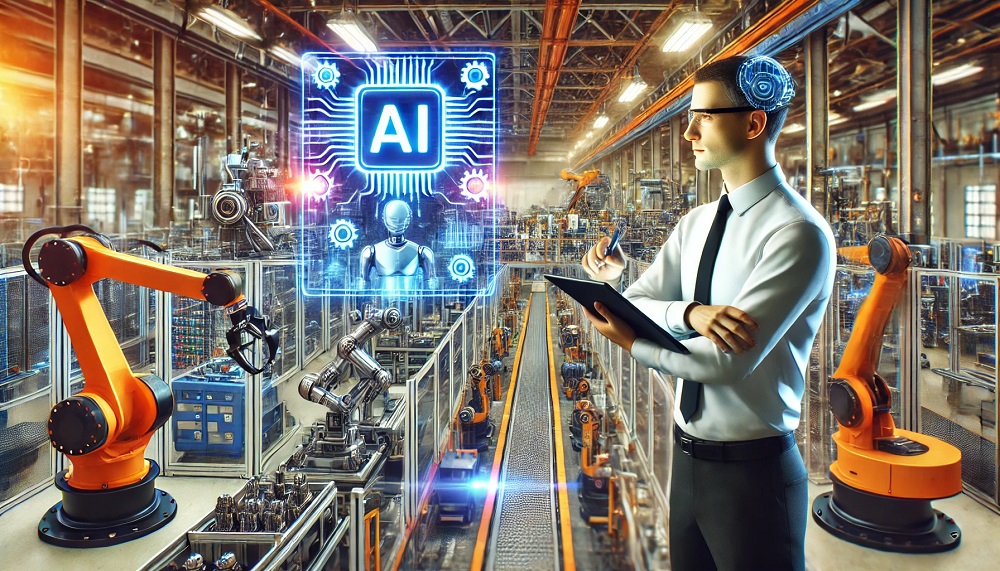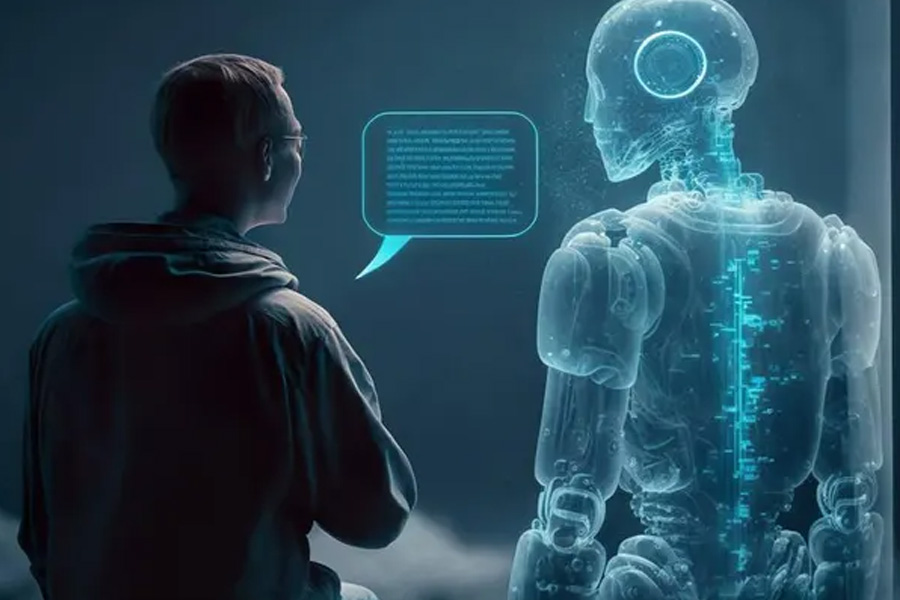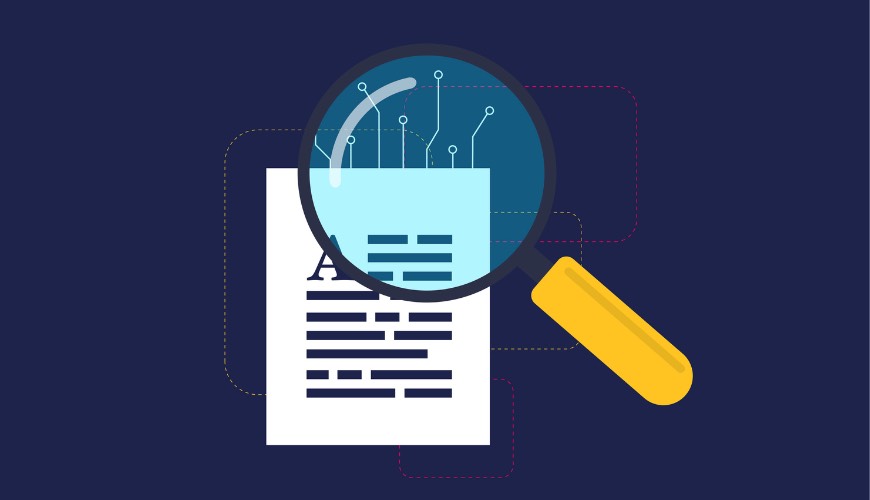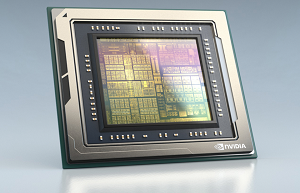Artificial Intelligence (AI) is revolutionizing the manufacturing industry, bringing a wave of innovations that are transforming the landscape of industrial technology. From enhancing production efficiency to ensuring quality control, AI-driven technologies are setting new standards in manufacturing.
AI-Driven Efficiency in Manufacturing
AI’s impact on manufacturing is profound, particularly in improving efficiency. Smart factories are now utilizing AI algorithms to optimize production lines, predict equipment failures, and reduce downtime. By analyzing vast amounts of data, AI systems can identify patterns and predict maintenance needs before issues arise, ensuring smooth and uninterrupted production processes.
Incorporating Manufacturing AI systems helps streamline operations, reduce waste, and maximize productivity. Automated guided vehicles (AGVs) and robotic process automation (RPA) are just a few examples of AI applications enhancing operational efficiency. These technologies work seamlessly together, minimizing human error and increasing overall output.
Quality Control and Assurance
Quality control is a critical aspect of manufacturing, and AI is playing a pivotal role in this area. Advanced AI systems equipped with machine learning capabilities can detect defects with incredible precision. Vision systems powered by AI can analyze products in real time, identifying any imperfections or deviations from the set standards.
By implementing Manufacturing AI, manufacturers can ensure that only high-quality products reach the market, significantly reducing the rate of returns and customer dissatisfaction. These AI systems continuously learn and improve from each inspection, making them increasingly accurate over time.
Predictive Maintenance and AI
One of the most transformative innovations brought by AI in manufacturing is predictive maintenance. Traditional maintenance schedules often lead to unnecessary downtimes or unexpected breakdowns. AI changes this by predicting when equipment is likely to fail, allowing for timely interventions.
AI models analyze data from various sensors installed on machinery, monitoring parameters such as temperature, vibration, and pressure. By interpreting this data, AI systems can forecast potential issues and schedule maintenance during non-peak hours, thus avoiding disruptions and extending the lifespan of equipment.
Enhancing Supply Chain Management
AI is also revolutionizing supply chain management in the manufacturing sector. From inventory management to demand forecasting, AI algorithms provide accurate and actionable insights. This ensures that manufacturers can maintain optimal inventory levels, avoiding both overstocking and stockouts.
Integrating AI into supply chain operations helps manufacturers respond swiftly to market changes, optimize logistics, and reduce operational costs. AI-driven analytics enable precise demand forecasting, ensuring that production meets market needs without excess waste.
Customization and AI
In the era of personalization, AI is enabling manufacturers to offer customized products on a large scale. By leveraging AI-driven data analysis, manufacturers can understand consumer preferences and tailor their products accordingly. This level of customization was previously unattainable with traditional manufacturing methods.
AI systems facilitate flexible production processes, allowing for the creation of bespoke products without compromising efficiency. This capability to provide personalized products enhances customer satisfaction and fosters brand loyalty.
Conclusion
AI is undeniably transforming the manufacturing industry, driving innovations that enhance efficiency, quality control, predictive maintenance, supply chain management, and product customization. By embracing AI, manufacturers can stay competitive in an increasingly digital and automated world. The integration of Manufacturing AI is not just a trend but a necessity for those aiming to lead in the industrial technology sector.
With these cutting-edge innovations, the future of manufacturing is bright, promising advancements that will continue to redefine the boundaries of industrial technology.






